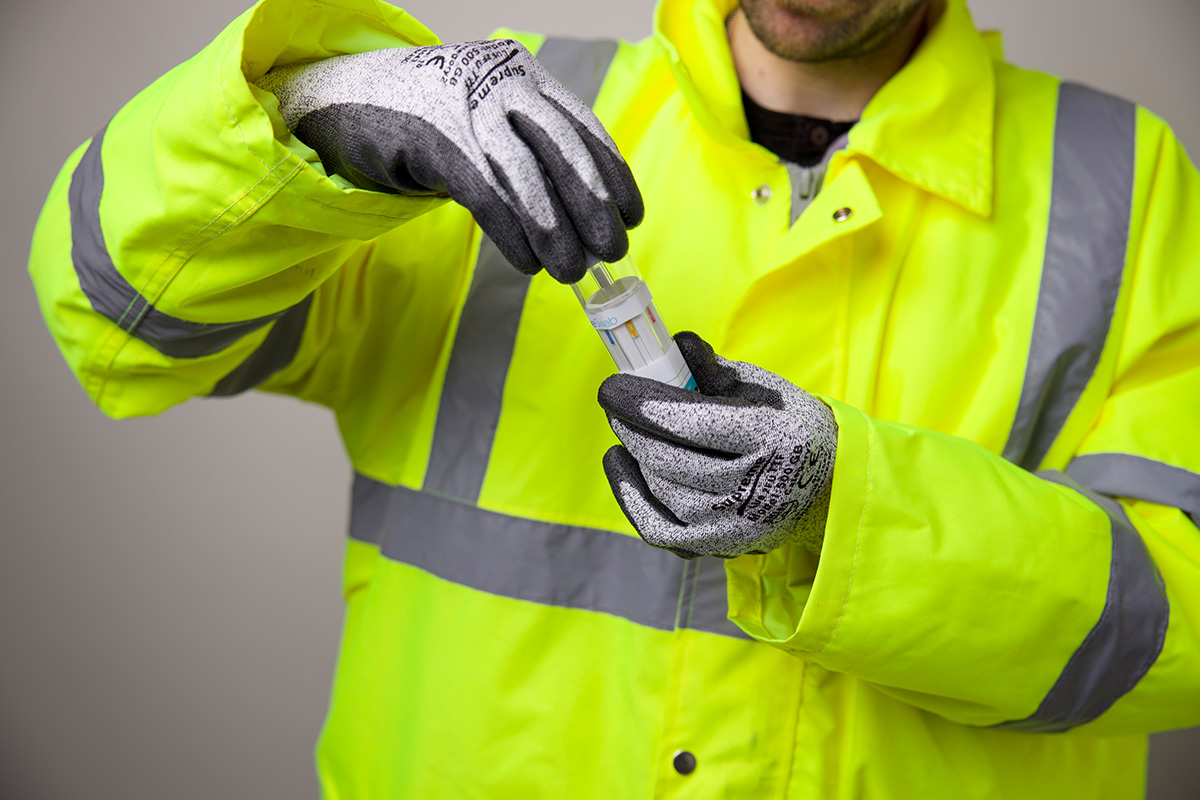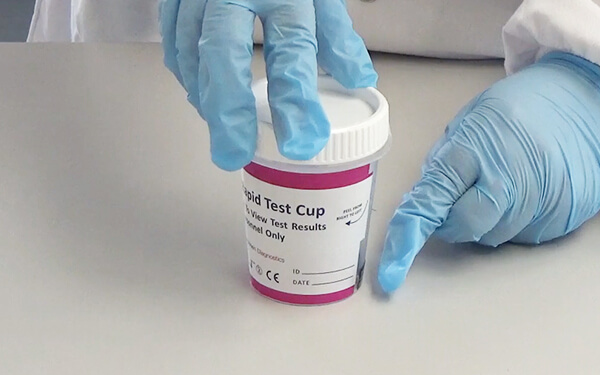10 Reasons to Drug & Alcohol Test in the Workplace

Implementing drug or alcohol testing in the workplace can be motivated by various reasons, all of which contribute to maintaining a safe, productive, and healthy work environment.
All employees have the right to work in a safe environment. It is a legal requirement for each company to have a Health and Safety policy, of which a Drug and Alcohol policy can be included.
This type of policy helps reduce the risk of accidents and manage the consequences. Being under the influence of drugs or alcohol in the workplace impairs the ability of an individual to carry out their duties. If the individual is in charge of heavy or dangerous machinery there is a genuine risk to the people around them.
Having well-planned drug and alcohol testing as part of a Drug & Alcohol policy ensures a safer workforce.
Here are ten reasons why employers might choose to conduct drug or alcohol testing.

- Workplace Safety:
- Ensuring the safety of employees and others in the workplace is a primary concern. Substance abuse can impair judgment and coordination, increasing the risk of accidents and injuries.
- Productivity:
- Drug or alcohol abuse can significantly impact an employee’s performance and productivity. Testing helps identify and address issues that may be affecting job performance.
- Legal Compliance:
- Some industries are subject to specific regulations or legal mandates that require drug testing. Compliance with these regulations is essential to avoid legal consequences.
- Preventing Workplace Incidents:
- Drug or alcohol use can contribute to workplace incidents, including accidents, conflicts, and errors. Testing helps identify potential issues before they lead to serious consequences.
- Maintaining a Drug-Free Workplace:
- Promoting a drug-free workplace contributes to a positive and healthy organizational culture. It sends a clear message that substance abuse is not tolerated.
- Insurance Requirements:
- Some insurance providers may require companies to implement drug or alcohol testing as part of their risk management strategy. Compliance with these requirements can lead to lower insurance premiums.
- Pre-Employment Screening:
- Conducting drug or alcohol tests as part of the hiring process helps ensure that new employees are free from substance abuse issues, contributing to a safer and more reliable workforce.
- Post-Accident Testing:
- After a workplace accident, conducting drug or alcohol tests can help determine whether substance use is a contributing factor. This information can be crucial for insurance claims and legal investigations.
- Employee Assistance Programs (EAPs):
- Identifying employees with substance abuse issues through testing allows companies to connect them with Employee Assistance Programs or other support services to address the root causes of the problem.
- Deterrence:
- The existence of a drug or alcohol testing program can act as a deterrent, discouraging employees from engaging in substance abuse in the first place. Knowing that testing is a possibility may encourage responsible behavior.



